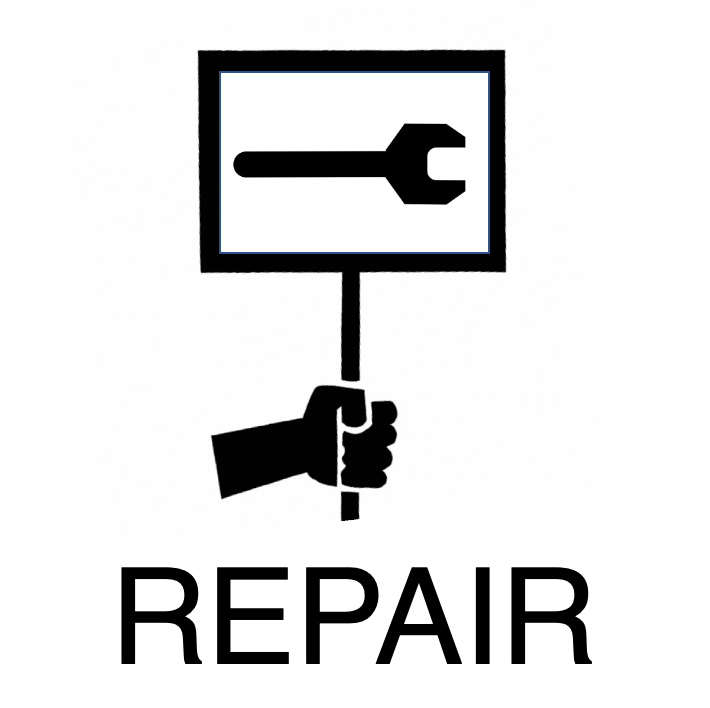
Wassenaar 1952 and the Global Politics of Repair
The speakers will present a new interpretation of the historically momentous 1952 Wassenaar negotiations between representatives of the Federal Republic of Germany, Israel, and the Jewish Claims Conference on reparations, compensation, and restitution in the aftermath of the Holocaust.

Reparations and Reparative Justice in Education
This talk explores the possibility of reparative frameworks in and through education systems – particularly in relation to racial and classed injustices. The idea of reparation requires us to understand the interconnections between past, present and future in both the formation of injustice and its repair. Arguably, until injustices are actively addressed, they can endure in social institutions – such as education – which also shape lives-to-come. But what does reparation in education look like? In this seminar I share insights from a five-year participatory research project – Reparative Futures of Education (Repair-Ed) – which seeks to explore this very question, focusing on the city of Bristol, England and its histories and geographies of race-class inequality.

Incommensurable Temporalities: Climate Reparations, Loss and Damage, Debt and Development
Anne Kristine Schirrer will speak about issues to do with temporality in ongoing Loss and Damage negotiations

Enslavement, Colonialism and Moral Repair: Some Problems with Apologies
The claim by CARICOM (representing the governments of the Caribbean) for reparations from Europe’s slave-trading and colonial powers, includes in the first place a call for ‘a full formal apology for the wrongs of slavery and the subsequent treatment of emancipated people’. Objections are sometimes raised to the very idea of people apologising now for what other people did then. In his lecture, Prof. Michael Banner will explore the moral logic of apologies and consider the various difficulties which are found in apologies for historic wrongs.

Repairing Place: Climate Change, Reparations and International Law
This talk interrogates how the concept of territory shapes our imaginaries of reparations for climate change under international law, and how a turn to ‘place’ might offer a different frame of reference. It turns to the oral hearings and written submissions for the much anticipated Advisory Opinion on the Obligations of States in respect to Climate Change by the International Court of Justice (ICJ). The hearings for the still ongoing climate advisory opinion proceedings covers a wide range of legal matters relating to reparations for climate change. Yet, it also includes extensive references to statehood, territory and, importantly, the relations between place and people. Through a preliminary and explorative reading of the oral hearings and submissions, the talk reflects on what we might make of evocations of place. It offers as invitation to consider what happens if we ground, quite literally, legal claims to reparations in affective relations between human communities and non-human actors in ‘place’.

The Katanga Reparations
This lecture provides an overview of the implementation and consequences of the International Criminal Court’s (ICC) first-ever reparations programme. It discusses reparations for the 2003 attack of the village of Bogoro, in the Eastern part of the Democratic Republic of the Congo. The attack was committed by paramilitary groups led by Germain Katanga, who was subsequently sentenced to ten years in prison by the ICC. In March 2017, the ICC issued an ‘Order for Reparations’ against Mr Katanga, comprising individual and collective reparations to victims of the Bogoro attack.

Roundtable on the Current Situation in Haiti: First-hand accounts & social science insights
Given the severe political and economic crises affecting the people of Haiti we organised a 90-minute virtual roundtable about the country’s current situation. The event was hosted by the Anthropology Department of the University of Amsterdam (UvA), the REPAIR research project and the Amsterdam Centre for Conflict Studies (ACCS). It combined first-hand accounts of what life in Haiti is currently like with social science insights into the structural drivers and effects of conflict. (For previous, similar events, please see the Haitian Studies website.)
